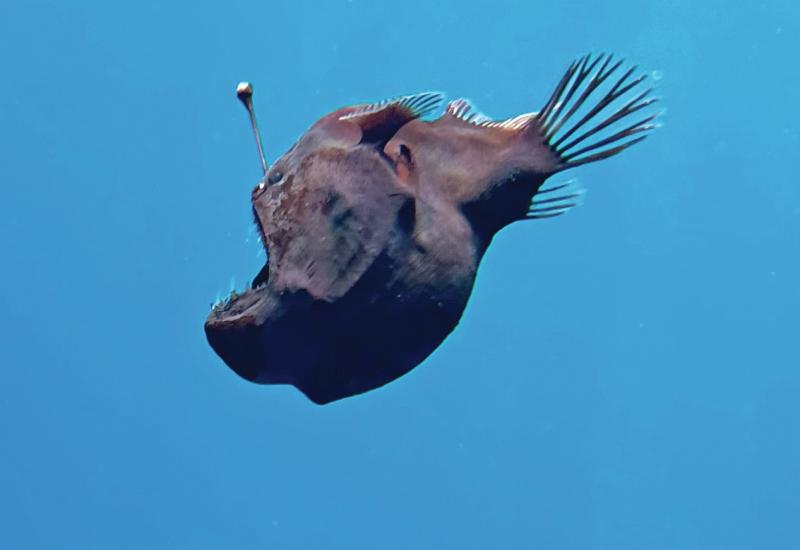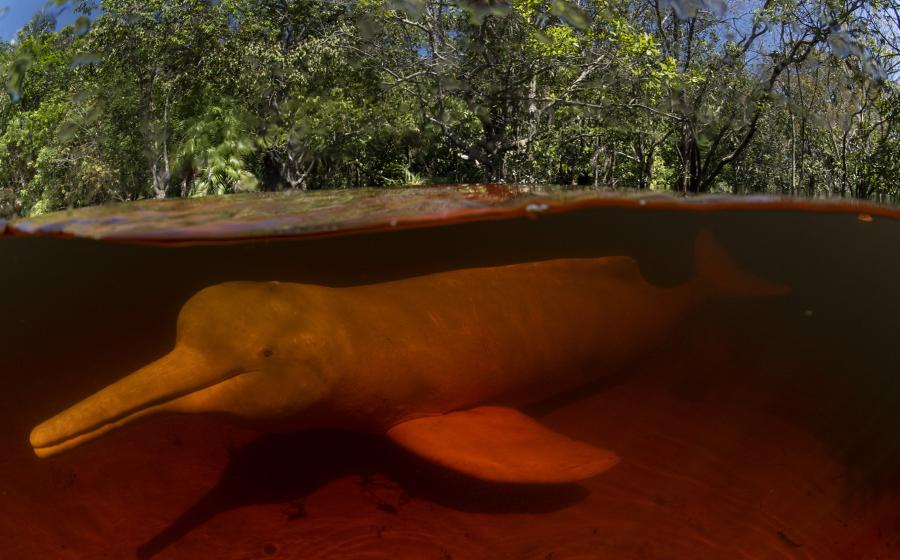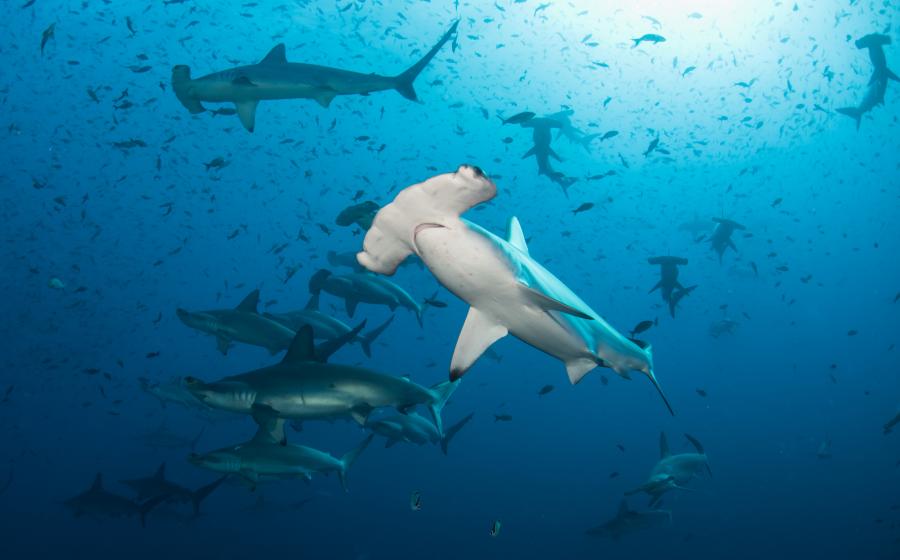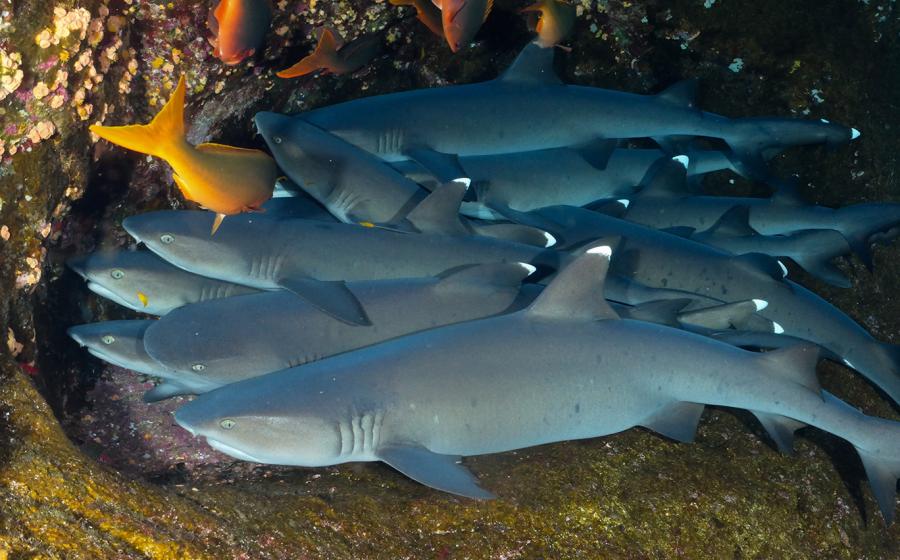Shark and Rays are Disappearing Faster than Expected, New Study Finds

Shutterstock.com/Martin ProchazkaczResearchers say stricter fishing controls could help reverse the trend.
Sharks and rays are some of the most exciting animals to see on a dive, but a new study found their populations are rapidly dwindling — some as much as a 70 percent over the past 50 years.
Among the most affected species are manta rays and hammerheads. The oceanic whitetip shark experienced the greatest decline, losing 98 percent of their population in just 60 years. Researchers attribute the drop to human activities like overfishing and harvesting for their fins.
“We knew the situation was bad in a lot of places, but that information came from different studies and reports, so it was difficult to have an idea of the global situation," lead author Nathan Pacoureau tells AFP. These are "the most wide-ranging species in the largest, most remote habitats on the earth, which are often assumed to be protected from human influence.” But the researchers found otherwise.
Years of data collection and analysis on fisheries and species populations revealed “a gaping, growing hole in ocean life” where 31 sharks and rays should be. Three-quarters of the species surveyed have been killed off to near extinction.
It’s a harsh estimate even for experts. Specialists at a shark conservation meeting were “stunned into silence,” Pacoureau says, when the figures were presented.
Andrea Marshall, a Scuba Diving Sea Hero and contributing author on the study, has seen mantas and devil rays disappear firsthand over the course of her work with the Marine Megafauna Foundation.
“As a conservation biologist, watching the decline in mobula rays in Mozambique has been a living nightmare,” she says in an MMF press release. “It happened quicker than we could have ever imagined, and it demonstrated to us that we need to take immediate action to curb threats to these animals, particularly within their most critical habitats.”
Researchers called for strengthened conservation efforts, such as better enforcement of and increased fishing regulations, to halt and reverse the slide.
"Proactive measures can prevent population collapses,” says Pacoureau. “And we know they work."










